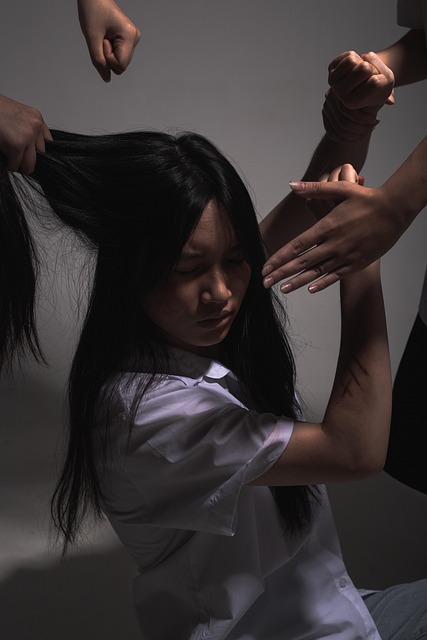Teen Challenge Abuse: Recognizing power imbalances and their consequences is crucial for identifying exploitation within spiritual development programs. Awareness promotes accountability, protects vulnerable individuals, and offers support through specialized groups, counseling, legal advocacy, and tailored strategies. Documenting cases and seeking legal options provide justice for families affected by misconduct, holding Teen Challenge accountable.
“Advocacy for families affected by Teen Challenge misconduct is a crucial step towards healing and justice. This article delves into the complex issues surrounding Teen Challenge abuse, offering insights on understanding the dynamics of such conduct. We provide practical resources and legal steps to support survivors and their families.
By exploring strategies for advocacy, we aim to guide folks navigating the challenges of Teen Challenge abuse, ensuring voices are heard and rights are protected.”
- Understanding Teen Challenge Abuse: Unveiling the Issues
- Supporting Survivors: Resources for Family Advocacy
- Navigating Justice: Legal Steps and Advocacy Strategies
Understanding Teen Challenge Abuse: Unveiling the Issues

Teen Challenge, often perceived as a safe haven for spiritual growth, has unfortunately been associated with instances of misconduct and abuse. Understanding this issue requires recognizing that organizations, despite their noble intentions, are not immune to power dynamics that can lead to exploitation and harm. In the context of Teen Challenge Abuse, concerns arise from reported cases of physical, emotional, and sexual misconduct within the community. These incidents often stem from unequal relationships between authority figures and participants, where trust is exploited for personal gain.
Unveiling these issues is crucial in order to offer support and advocacy to affected families. It involves recognizing the signs of abuse—behaviors such as isolation, fear-based control, and unexplained injuries—and providing resources for reporting and recovery. By shedding light on Teen Challenge Abuse, communities can foster a culture of accountability and ensure that individuals seeking guidance and transformation are protected from harm rather than subjected to it.
Supporting Survivors: Resources for Family Advocacy

Supporting survivors of Teen Challenge abuse is a crucial step in ensuring justice and healing for affected families. Many resources are available to help advocate for those who have experienced misconduct within the organization. One key resource is connecting with support groups and counseling services specialized in helping victims of religious or youth-focused abuse. These groups offer a safe space for individuals and families to share their stories, process trauma, and receive emotional support.
Additionally, legal advocacy organizations play a vital role in fighting for the rights of survivors. They can provide guidance on potential legal actions, help navigate complex legal systems, and ensure that those affected by Teen Challenge abuse are heard. It’s important to remember that every family’s journey is unique; thus, customizing support strategies to meet individual needs is essential. Resources like these empower families to take control and advocate for change, fostering a culture of accountability within the Teen Challenge program.
Navigating Justice: Legal Steps and Advocacy Strategies

Families affected by Teen Challenge misconduct face a complex journey toward justice, requiring careful navigation through legal systems and advocacy strategies. The first step involves gathering comprehensive documentation of the alleged abuse, including medical records, witness statements, and any available evidence from within the organization. This process demands patience and persistence, as it’s crucial to build a solid case for future legal actions or negotiations.
Advocacy groups specializing in Teen Challenge Abuse play a vital role by offering support, guidance, and resources tailored to these unique circumstances. They assist families in understanding their rights, exploring options like civil lawsuits or administrative complaints, and representing them throughout the legal process. By employing strategic approaches, these advocates aim to hold Teen Challenge accountable for its actions and secure justice for those harmed.
Advocacy for families affected by Teen Challenge misconduct is a crucial step towards addressing and preventing future instances of abuse. By understanding the issues, supporting survivors through available resources, and employing strategic legal steps, families can navigate justice effectively. It’s essential to remember that, in light of these challenges, united action can bring about positive change and help restore safety and peace for those impacted by Teen Challenge Abuse.
